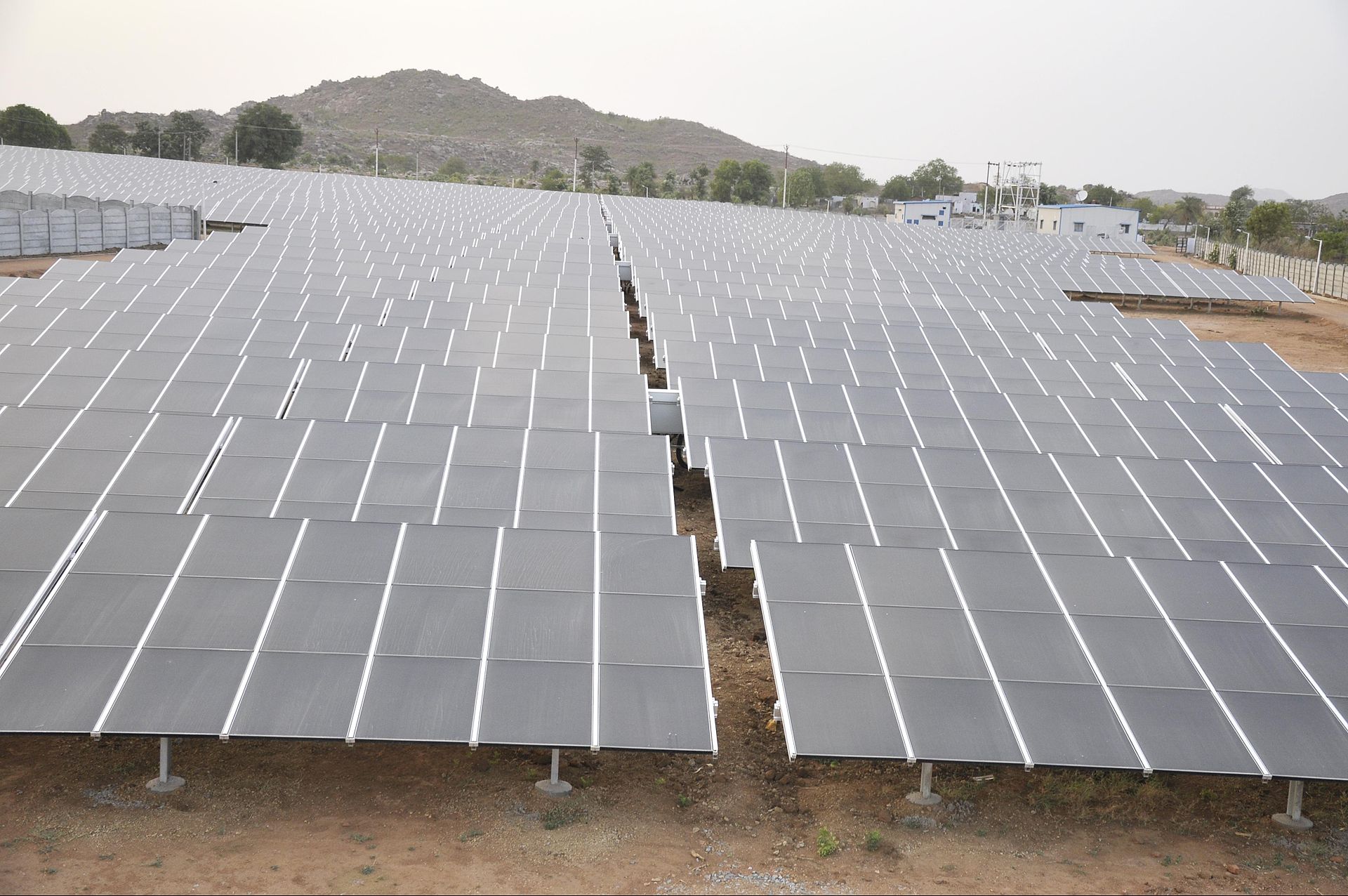By Francisco Alvarado
Florida Center for Investigative Reporting
Next week, the Florida Supreme Court will hear oral arguments for and against the initiative to place a proposed amendment on the 2016 state ballot that would allow consumers to get solar power without going through any the state’s current electricity providers. Groups opposing the amendment range from power companies such as Florida Power & Light, pro-business advocates such as the National Black Chamber of Commerce, and local cities including Coral Gables.
These opponents have come up with creative arguments explaining why deregulating electricity in Florida is a bad idea. Here are some examples:
- In a June 10 opposition brief, Coral Gables attorneys argue the amendment’s language would prevent their client from forcing property owners to hide their solar panels so that the equipment does not diminish the city’s “distinctive design features that constitute the signature ‘look’ of Coral Gables today.” The brief notes that the city’s restrictive zoning code preserves the vision of pioneer George Merrick, who founded Coral Gables in 1921. “The ambiguous language in the Amendment regarding the removal of ‘barriers’ and exemptions from local authority could be construed to find the city’s aesthetics-based zoning and other regulatory policies regarding solar installations illegal, depending upon how some of the unclear language in the Amendment is interpreted,” the brief states.
- The Florida Chapter of the National Black Congress on Women, or NBCW, claims that the amendment would result in African-American female consumers paying through the nose for electricity. According to the organization’s opposition brief, the initiative “will have a recurring detrimental financial impact on Black women, their families and communities in particular, as well as generally upon members of the public dependent upon electric utility service.” Since African-American female consumers won’t be able to afford solar energy, they will be forced to pay utility rate increases required to “subsidize the use of the utility grid by solar energy suppliers and users,” the brief alleges.
- The Florida Hispanic Chamber of Commerce, in addition to having similar concerns about affordability for Latino consumers, alleges the amendment will interfere with public safety, especially in the aftermath of hurricanes and other natural disasters. In its brief, the Hispanic chamber claims that solar power energy providers will not be subject to any regulatory oversight. “It is unclear whether and to what extent exempt providers could or would participate in recovery operations,” the brief states. “Since there could be multiple exempt providers operating within a local area, and perhaps dozens of providers in a large county, ranging from large to small providers, the ability to respond after a natural disaster and coordinate with the electric utility and first responders could be very complicated.”

